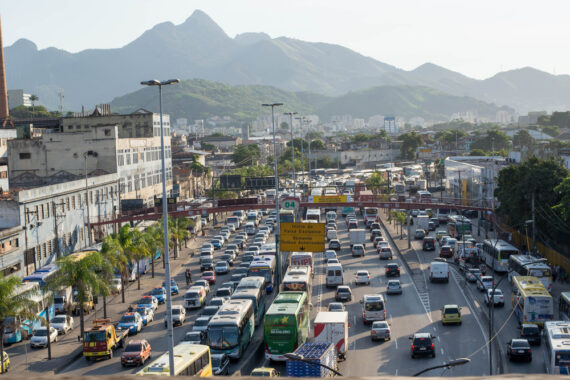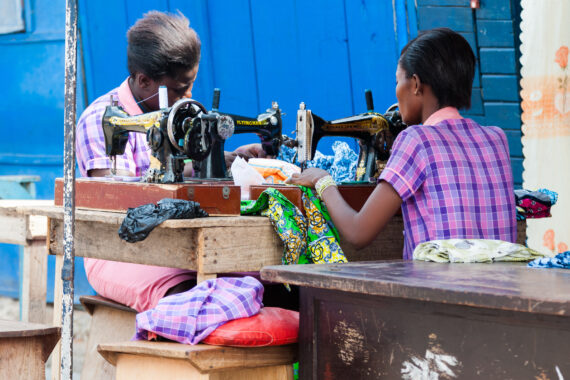Blue Bonds: The Future of Sustainable Finance for Emerging Economies
As climate change accelerates, countries face mounting pressure to invest in sustainability. However, for many emerging economies, financing climate action remains a challenge. Traditional green bonds have provided capital for environmental projects, but they are primarily focused on land-based initiatives such as renewable energy and reforestation. In contrast, blue bonds specifically target marine conservation and…










